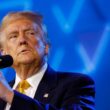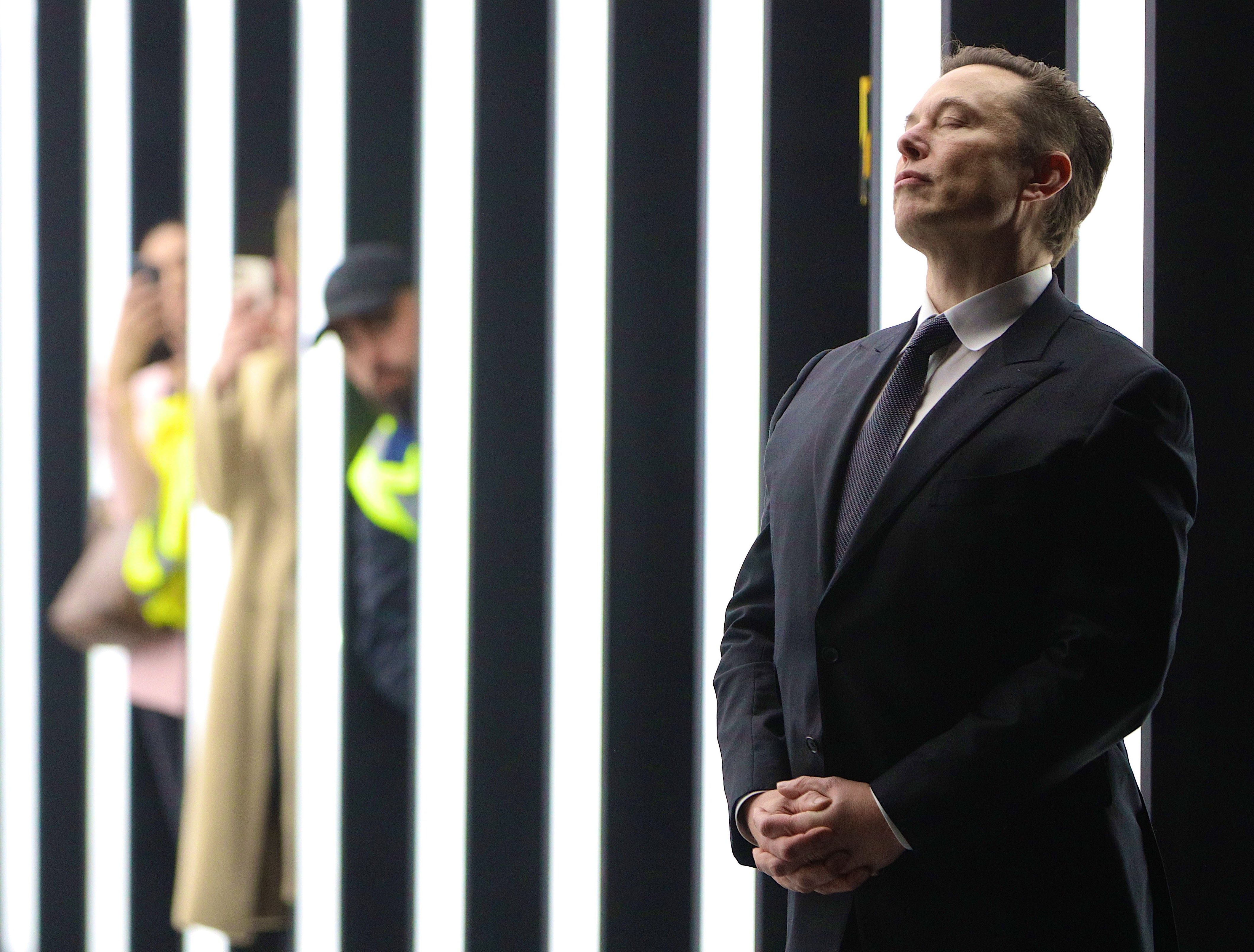Elon Musk’s acquisition of Twitter in 2022, valued at a staggering $44 billion, began as an unexpected and controversial move. What initially appeared to be a casual joke to many in the tech world soon spiraled into a serious proposition when the world’s richest man made an official offer to buy the platform. Musk, an avid Twitter user himself, justified the acquisition as a means to safeguard free speech, frequently criticizing Twitter’s content moderation policies, which he believed were biased and restrictive of open discourse.
However, the path to this acquisition was far from smooth. Musk’s decision to buy Twitter sparked months of legal and financial battles, including a high-profile attempt to back out of the deal entirely. These challenges underscored the unpredictability of the acquisition and set the stage for the turbulence that would follow.
The takeover was notable not only for its massive price tag but also for Musk’s unorthodox management style. In the months after his acquisition, Twitter saw sweeping layoffs, significant leadership changes, and a complete overhaul of its moderation policies. These decisions were highly controversial, sending shockwaves through the tech industry and prompting mixed reactions from users and investors alike.

Fidelity Says….
Today, nearly two years after the acquisition, the fate of Twitter, now rebranded as “X,” reflects a stark contrast from its original valuation. Investment giant Fidelity estimates that the platform is now worth almost 80% less than when Musk purchased it. According to Fidelity’s Blue Chip Growth Fund, the value of its shares in X had dropped to $4.2 million by the end of August 2024, representing a 24% decline from just a month earlier and a staggering 79% drop from the $19.66 million they were valued at when Musk acquired Twitter.
The new valuation suggests that Fidelity now believes X is worth only $9.4 billion—a significant decline from the $44 billion Musk originally paid. While other investors may value X differently, these estimates from Fidelity serve as a stark barometer of the platform’s current financial health and raise serious questions about the long-term sustainability of Musk’s vision for X.
Despite the dramatic decline, Musk remains a figure who thrives in uncertainty, and his long-term ambitions for the platform may still hold potential. However, as of now, the acquisition that once sparked massive speculation has evolved into a cautionary tale of how rapidly the tides can turn in the volatile tech industry. Whether Musk can eventually reverse X’s fortunes or if the platform will continue to struggle remains an open question.
Analysts suggest that Fidelity’s sharp reduction in X’s valuation reflects a drop in advertising revenue, as the company no longer publicly discloses its quarterly financial data. Fidelity and X both declined to comment on the situation.
Ad Pressure and Market Concerns Dan Ives, managing director and senior equity analyst at Wedbush Securities, stated that Musk overpaid for Twitter, estimating its value closer to $30 billion at the time of purchase and about $15 billion today. Despite strong user engagement, Ives noted that ad pressure remains a persistent challenge. Under Musk’s leadership, some advertisers have been concerned about their brands appearing alongside extreme content on the platform.
A global survey by Kantar revealed that 26% of marketers plan to reduce their spending on X next year, the largest decline among major global ad platforms. Only 4% of advertisers said X provides “brand safety,” compared to 39% for Google.
In November, Musk faced backlash from brands after supporting an antisemitic conspiracy theory popular among White supremacists. Though Musk later apologized, calling it his “dumbest” social media post, he controversially told departing advertisers, “Go f**k yourself.”
X’s Performance Under Musk Despite the controversies, X remains a significant player in the social media space. The platform reported 570 million monthly active users in the second quarter of 2024, a 6% increase from the previous year. However, Similarweb data shows a nearly 11% drop in U.S. mobile app users year over year and a 20% decline since Musk’s acquisition. U.S. web traffic also fell, though X’s global traffic numbers have held up better outside the U.S.
Long-Term Potential Gene Munster, managing partner at Deepwater Asset Management, believes Fidelity’s valuation is overly conservative, noting that they may be “cleaning house” on the investment. He argues that X’s data and integration with artificial intelligence (AI) will ultimately be more valuable than the $44 billion Musk paid.
X’s data has been instrumental in training Grok, the AI chatbot developed by Musk’s AI startup, xAI. Munster sees Grok’s potential as a major wealth generator for Musk, adding that “Musk buying Twitter is a case of being better lucky than smart,” particularly as AI developments accelerate beyond initial expectations.
The Transformation of Twitter Under Elon Musk, A Story Still Building
While the full impact of Elon Musk’s takeover of Twitter may still lie in the future, looking back, it’s clear that his control has already triggered dramatic changes. One of Musk’s first major moves was to overhaul the platform’s verification system. Previously, verified users—denoted by the iconic blue checkmark—had to meet specific criteria. Musk’s new approach, however, allowed anyone to obtain the checkmark for a fee. This decision, covered in the book Character Limit, led to a surge in impersonation accounts, causing significant issues for brands and users alike.
The monetization of the blue checkmark was only one of the many controversial changes. Musk also slashed Twitter’s workforce, including key engineers and moderators, raising concerns about the platform’s ability to control misinformation, hate speech, and abuse. His strong emphasis on free speech over moderation resulted in a flood of unregulated content. While some users appreciated this shift, it drove others away, leaving the platform increasingly polarized.
Musk’s direct involvement in product decisions—ranging from redesigning algorithms to personally moderating specific user accounts—further added to the unpredictability of the platform. His hands-on, often erratic leadership style clashed with the typical strategic approach seen in most tech company acquisitions, creating an air of instability both inside Twitter and among its users.
Impact on Social Media and Digital Discourse
Musk’s ownership of Twitter didn’t just reshape the platform; it also had wider implications for social media and digital discourse. Twitter, once a crucial space for public conversation, became a battlefield for debates on free speech and content regulation. Many feared that Musk’s laissez-faire attitude toward moderation could encourage other platforms to adopt more lenient content policies, potentially leading to more harmful discourse across the internet.
These changes occurred at a time when social media companies were already wrestling with the balance between promoting free expression and protecting users from harmful content. Under Musk’s leadership, Twitter became a testing ground for what happens when moderation is relaxed, prompting questions about whether platforms like Facebook or YouTube might follow a similar path.
From a business perspective, Musk’s unpredictable changes and public statements sparked concern among advertisers, many of whom temporarily pulled their spending due to worries about brand safety. This advertiser exodus resulted in significant revenue losses for Twitter. Additionally, Musk’s focus on generating subscription revenue, rather than relying primarily on ad revenue, marked a substantial shift from Twitter’s traditional business model and contributed to further turmoil.

Reactions and Criticism
Reactions to Musk’s takeover were as polarized as the changes he implemented. While some praised him as a champion of free speech, others criticized him for recklessly dismantling one of the world’s most influential social media platforms. Within the tech industry, political circles, and Twitter’s user base, there was a mixture of fascination and alarm at Musk’s actions, particularly his decision to dismantle content moderation systems designed to curb harmful speech.
Internally, Twitter experienced significant turmoil. Employees were reportedly caught off guard by Musk’s leadership style, with many questioning whether the platform could survive in the long term under his direction. Character Limit offers a vivid account of the chaos behind the scenes, illustrating how Twitter’s workforce struggled to adapt to Musk’s unpredictable management methods.
In the end, Musk’s Twitter takeover not only altered the platform but also reshaped the broader conversation around social media, free speech, and corporate leadership. The full consequences of these changes, however, remain to be seen.










